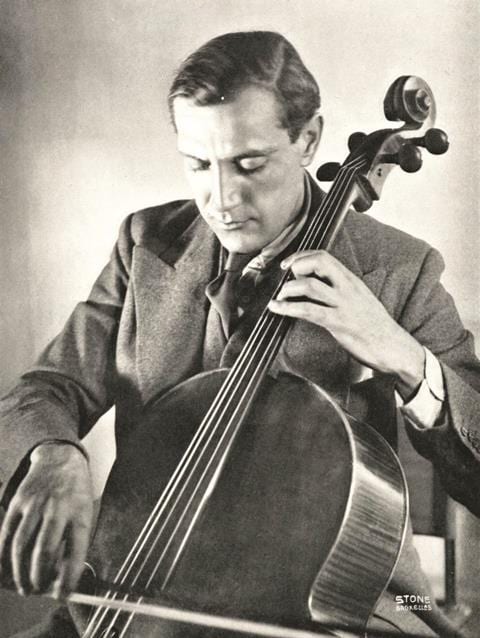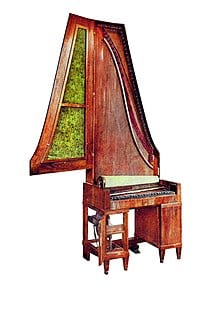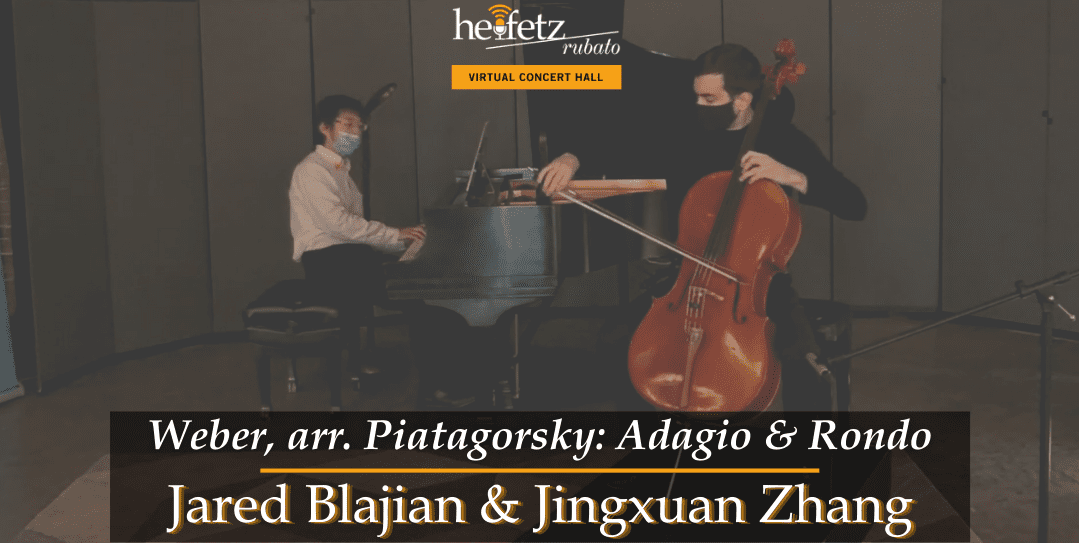Long before Yo-Yo Ma was the most recognizable concert musician in the world, the cello was hardly viewed as a solo instrument worthy or capable of full recitals and solo performances. While brilliant repertoire certainly did exist, including such beloved works as Beethoven’s five cello sonatas and Bach’s cello suites, the instrument was not considered to carry the same expressive and emotional weight as the violin.
Then along came Russian-born Gregor Piatigorsky, whom renowned violin pedagogue Ivan Galamian described as “the greatest string player of all time.” Already playing professionally as the principal cellist for the Bolshoi Theater by the time he was fifteen years old, Piatagorsky fled Russia to study in Berlin and Leipzig, and by 1928 made his way to the U.S. to embark on a solo career.
Piatagorsky as known as a remarkably expressive player, and through his mastery he not only reached acclaim as one of the great musicians of his time, but also elevated the instrument itself. He was an active performer for decades, and greatly expanded the repertoire for his instruments. Along the way, Piatagorsky introduced cello concertos by William Walton, Sergei Prokofiev and Paul Hindemith, all the while composing and arranging a wide variety of pieces himself.

Cellist Gregor Piatagorsky (1903-1976)


The Harmonichord, an unwieldy instrument that produced a sound similar to that of a glass armonica
One of his most enduring arrangements is of German composer Carl Maria von Weber‘s Adagio and Rondo. The piece was originally composed in 1811 for a small orchestra and a harmonichord, an obscure upright piano that was briefly popular in the Romantic era, which featured strings vibrated not by a hammer’s strike but by indirectly transmitted friction.
Piatigorsky’s arrangement for cello and piano features a somber opening movement, punctuated by what Heifetz Ensemble in Residence cellist Jared Blajian describes as “a moment of hope and triumph.” Blajian goes on to explain that this piece is appropriate for our current time, as live concerts return and we look hopefully towards life beyond the pandemic. A remarkably emotive and sensitive performance, joined by pianist Jingxuan Zhang, that would have made the great Piatigorsky himself proud.


